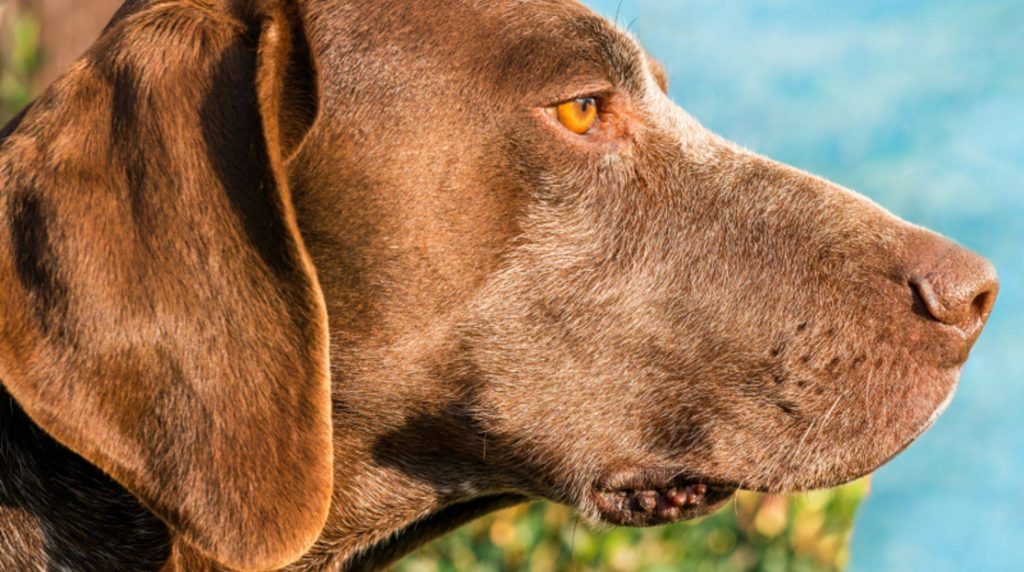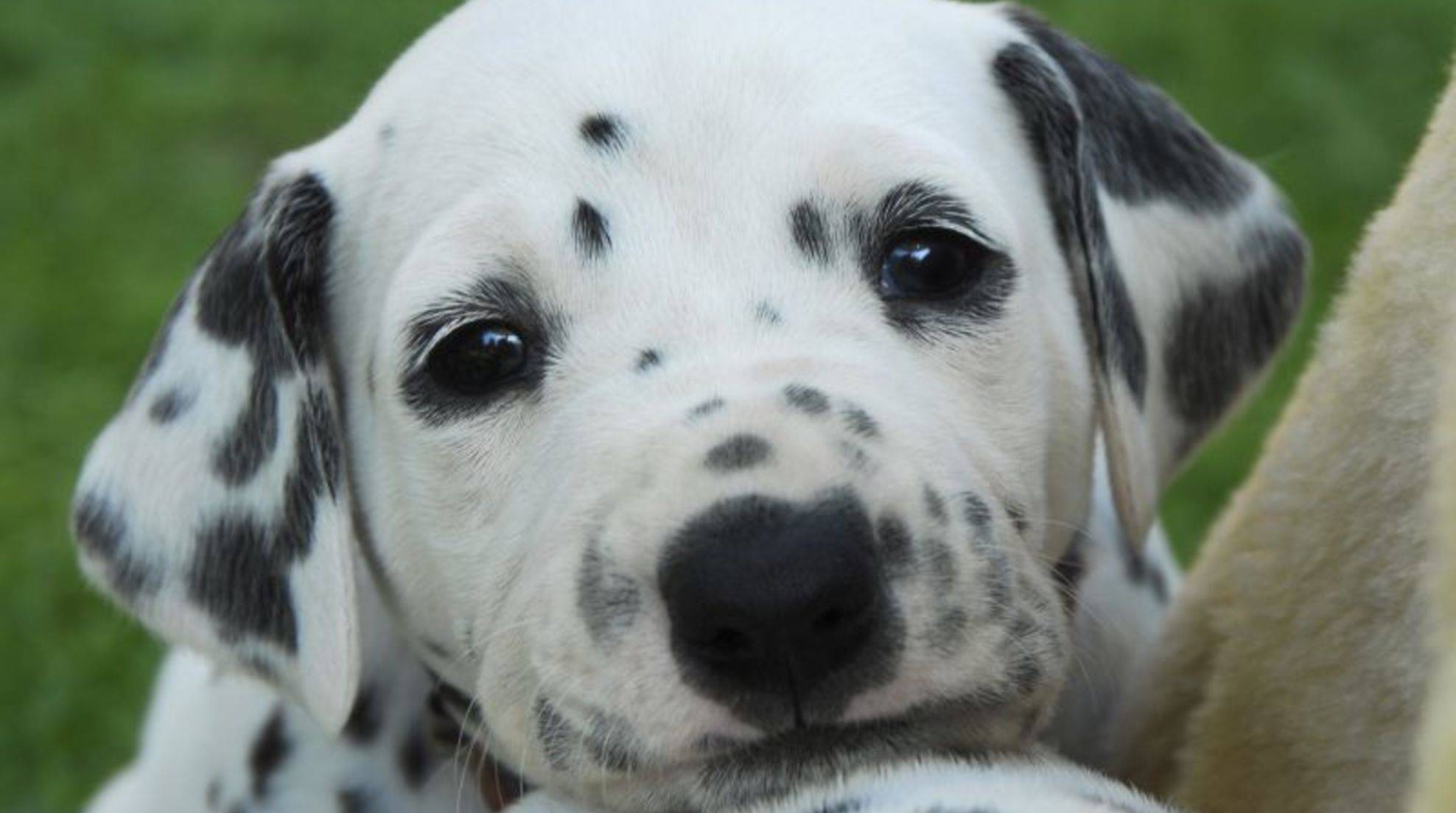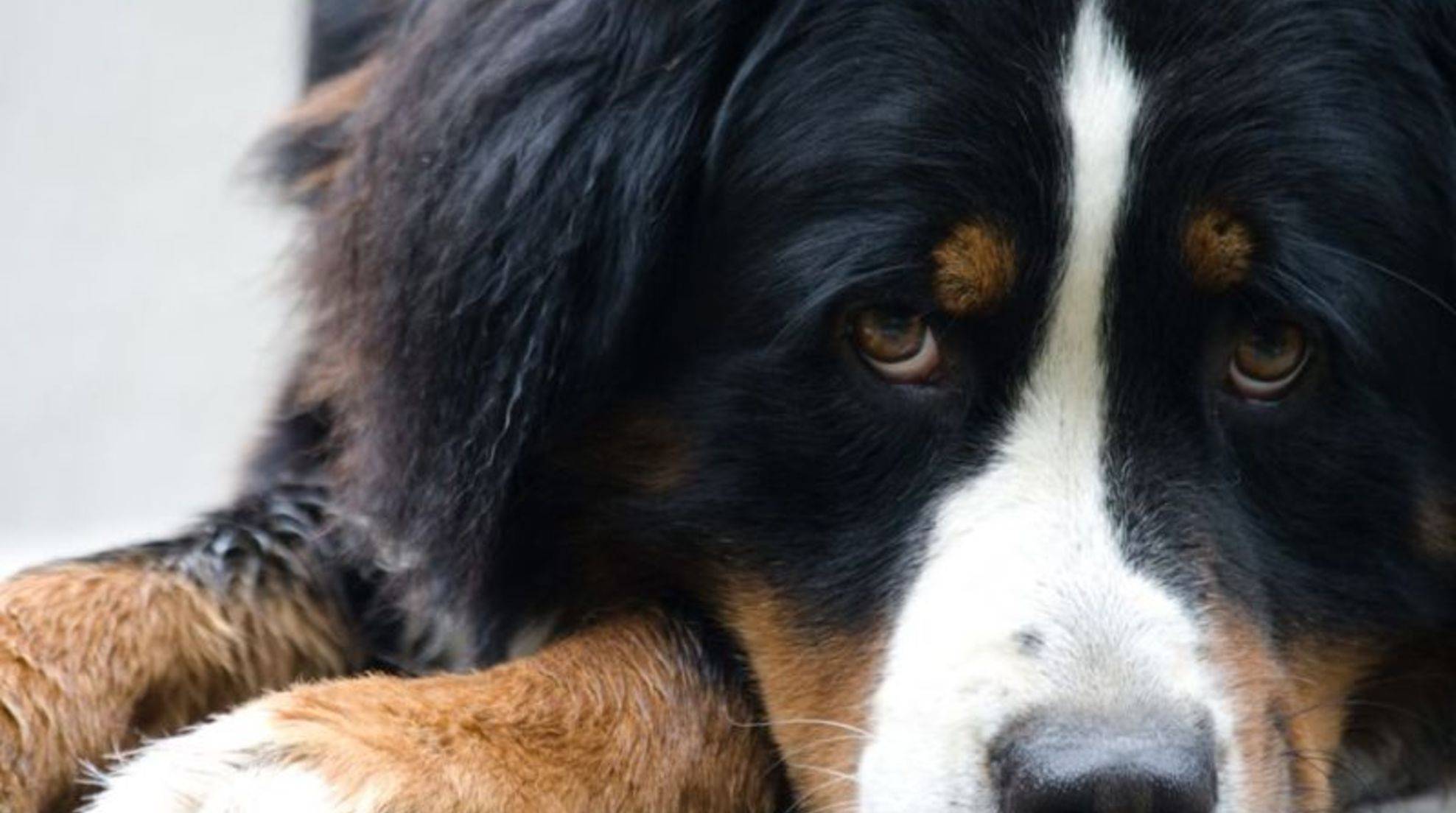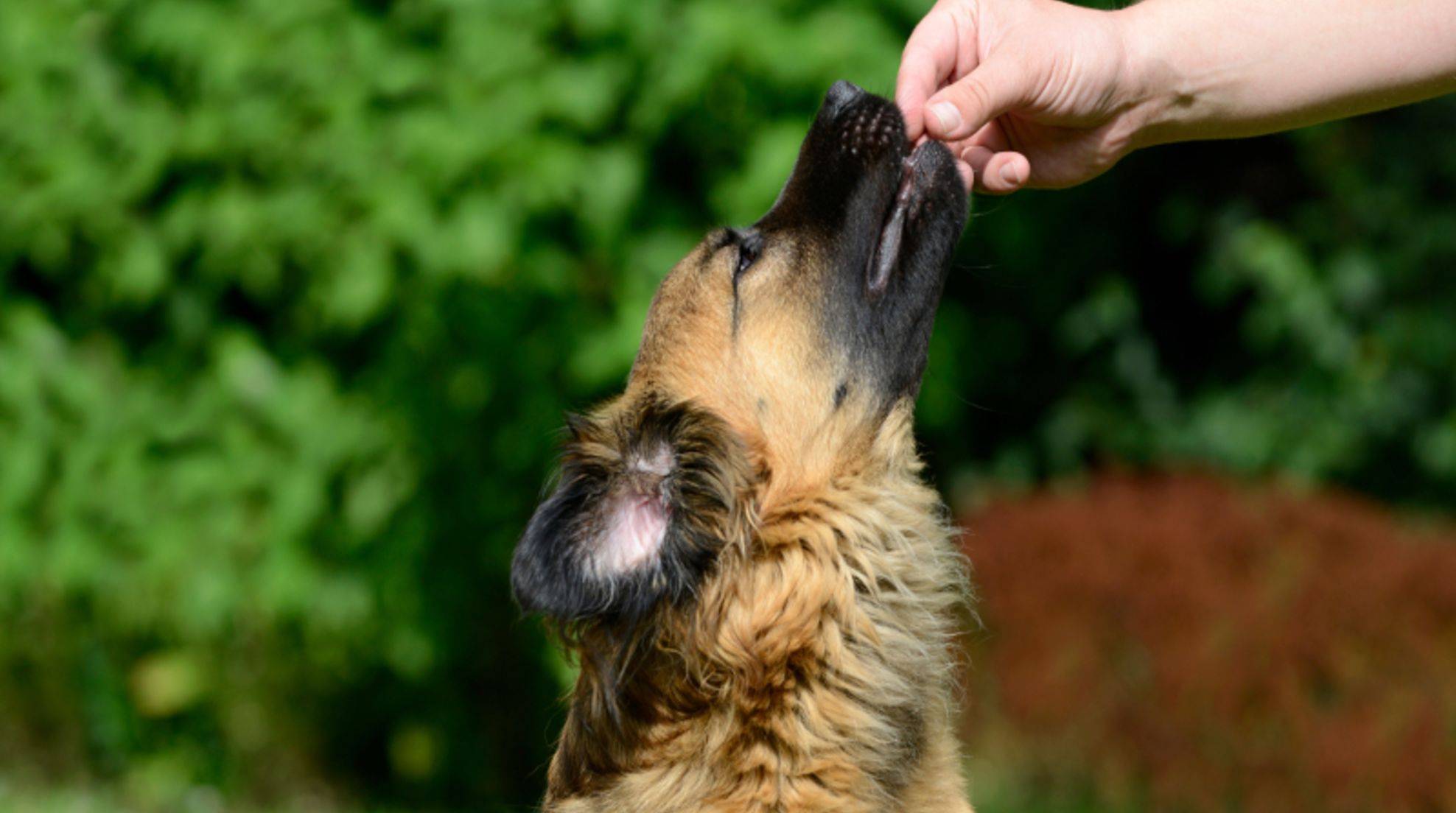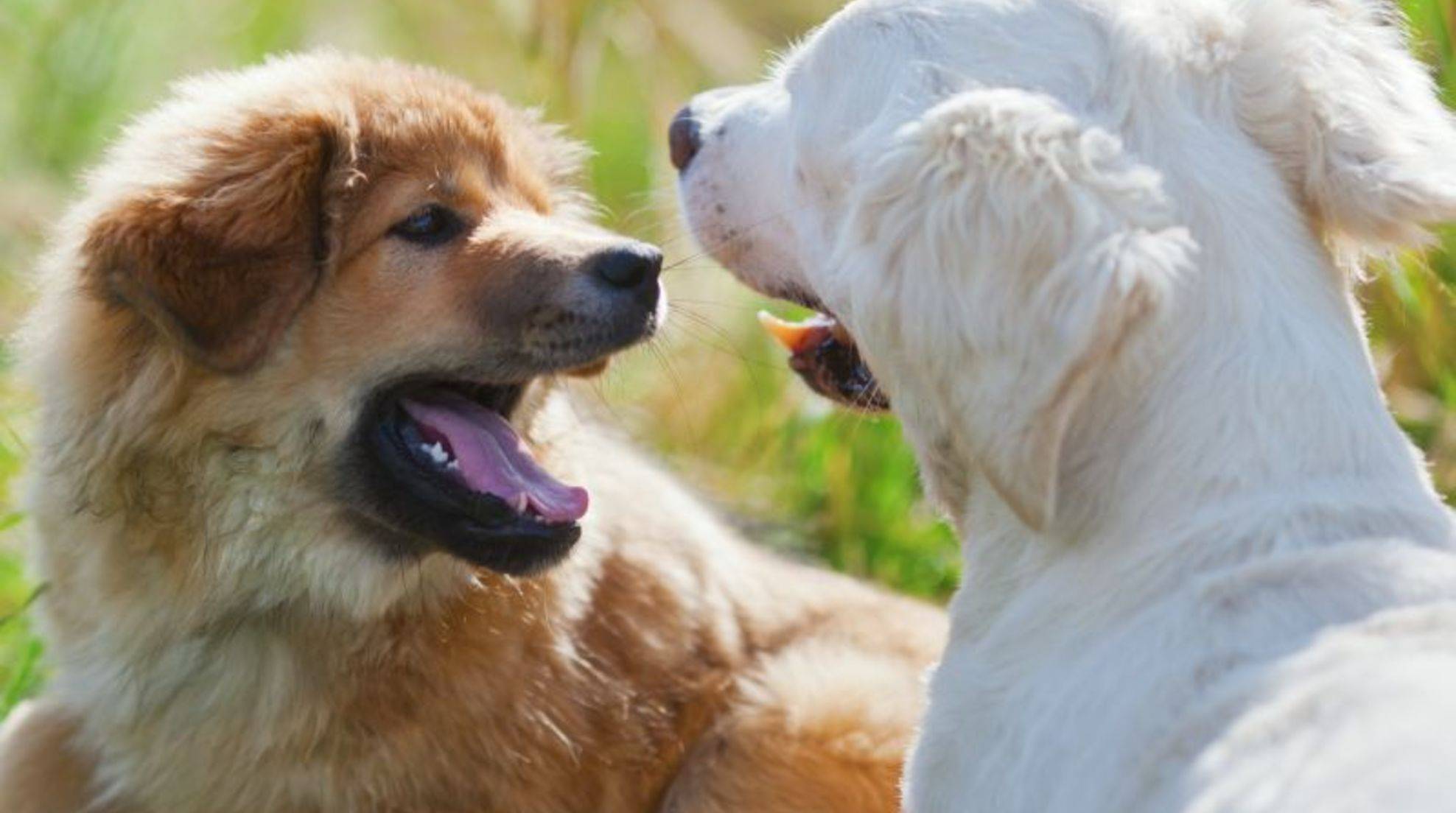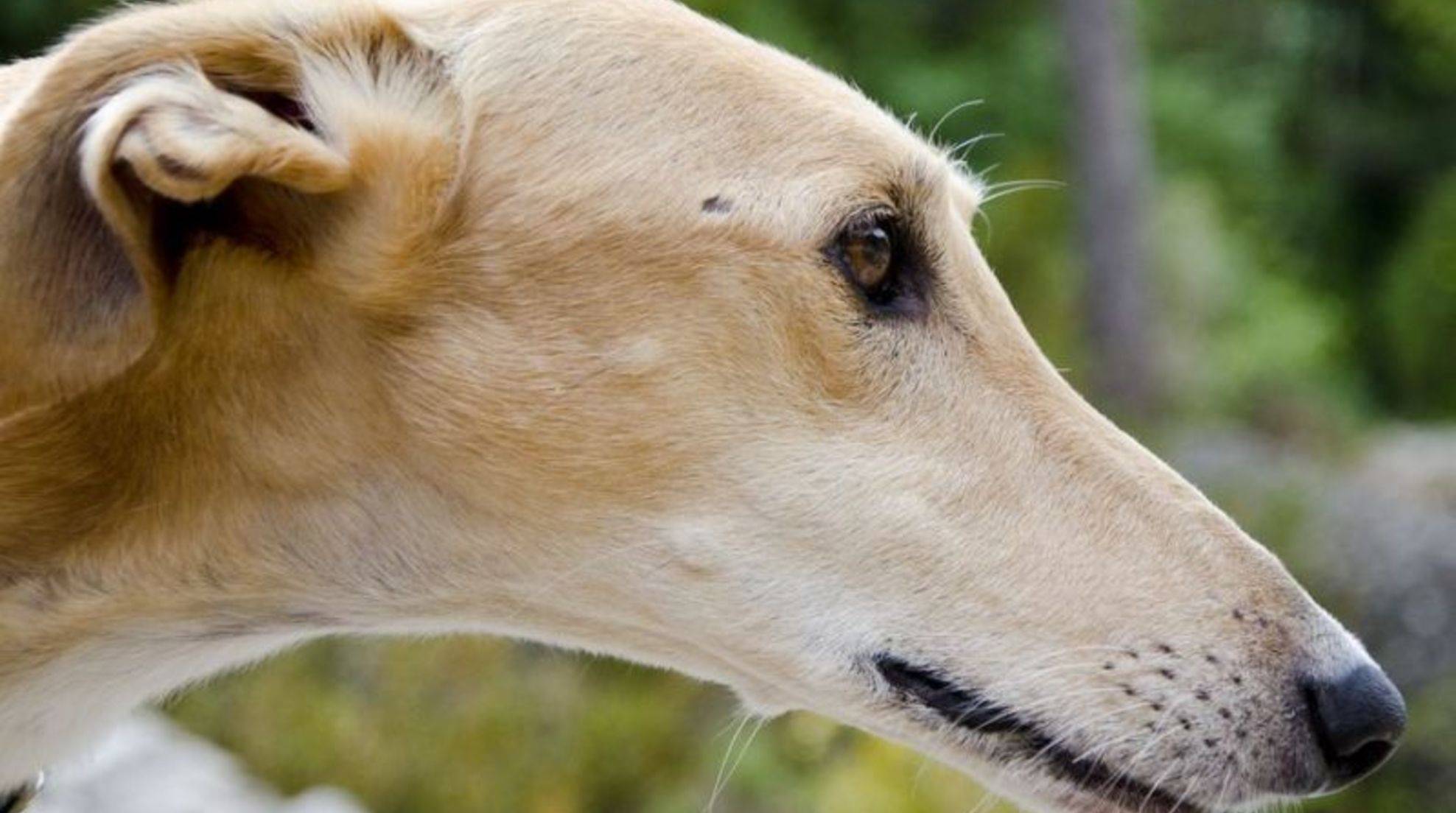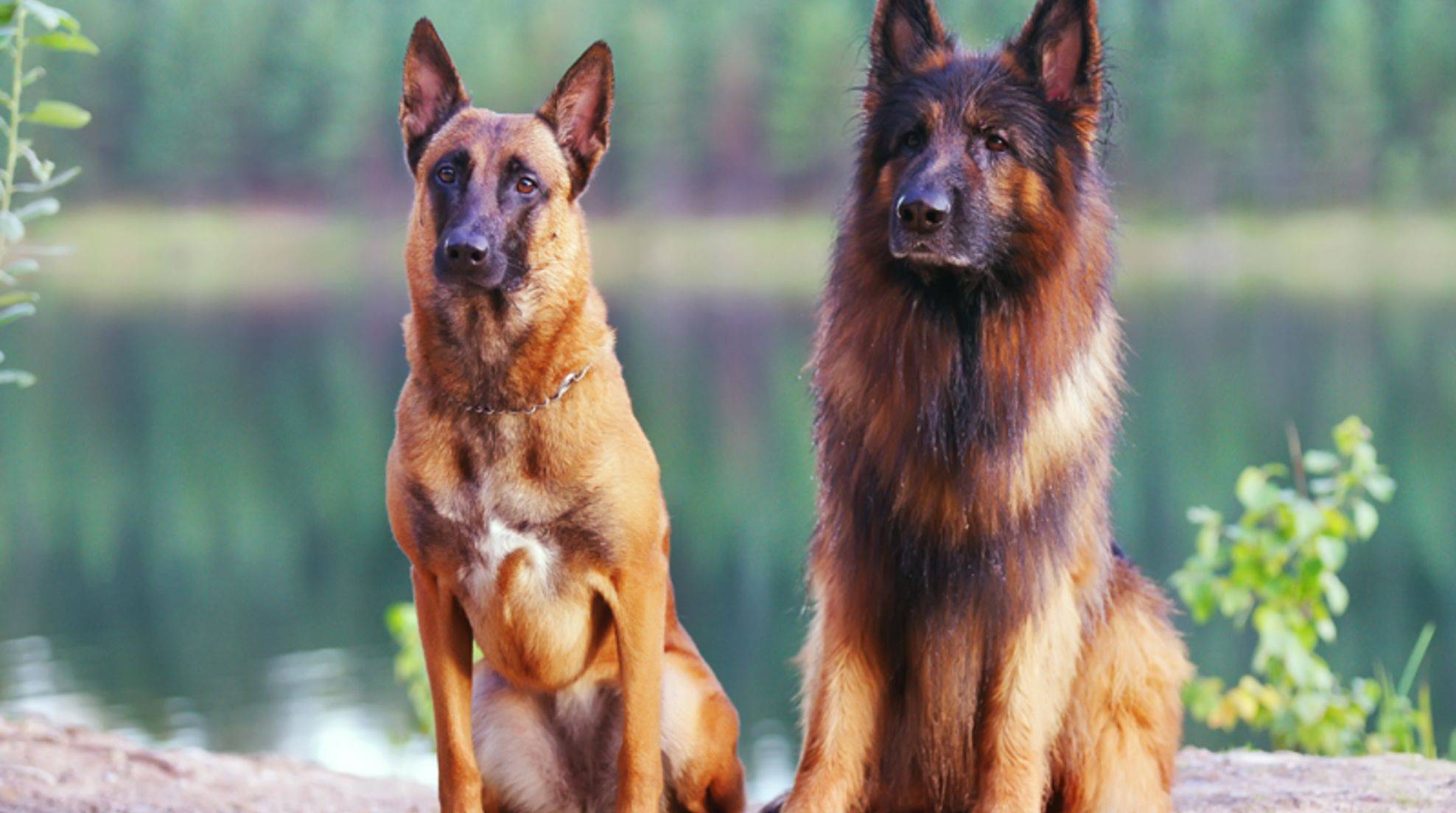Biotin for dogs: That is why it is important
Dogs need biotin because it is involved in many metabolic and cell division processes in the body. Also known as vitamin H (skin) or vitamin B7, it should be an integral, regular part of a balanced dog diet.
What biotin for dogs does everything in the organism, will be examined in more detail below. Probably the best-known effect of the water-soluble vitamin is shiny, beautiful coat. But biotin can do even more …
Why biotin is so important for dogs
First, let’s get chemical: Biotin has a decisive effect on metabolic and cell division processes in the organism of our four-legged friends. Vitamin H influences protein, carbohydrate and fat metabolism and also plays an important role in the cell nucleus. Among other things, it regulates blood sugar levels and – in its most visible effect – ensures a radiant, shiny coat by improving the structure of the coat and skin and the growth of the undercoat. Whether you feed your dog mainly dry food, canned food, or in the form of barfing, your sofa wolf usually gets enough vitamin H through his diet. In some cases, however, biotin deficiency can occur.
Biotin deficiency: These are the symptoms
Fortunately, biotin deficiency is extremely rare in dogs. You can recognize it by the following symptoms:
- Dull, brittle coat
- Dandruff
- Itching
- Eczema
- Hair loss
- Lack of vitality (in older quadrupeds)
However, the respective symptoms may also be related to other deficiencies or diseases – to be on the safe side, you should consult your veterinarian in case of suspicion.
How much biotin does my dog need?
The dog’s organism produces a small amount of biotin itself – however, this is not sufficient to cover the requirement, so it must be additionally ingested via dog food. Until now, it has not been possible to clearly determine how much biotin is necessary for dogs. The daily requirement is currently estimated at 2 micrograms per kilogram of body weight. For example, a 20-kilogram dog needs about 40 micrograms of biotin a day. Some veterinary practitioners recommend more, especially at the time of the coat change, when the need increases. According to studies, there is no risk of overdosing – excess is simply excreted by the body and side effects are not known.
What foods contain biotin?
Biotin is found in many foods, but often in very small amounts. As a general rule, the vitamin is less readily utilized by dogs (and cats) if it comes from a grain source. Animal products are better, including, for example, calf or beef kidney or liver. Here is a small overview of foods and raw materials that are rich in biotin:
- Offal
- Soybeans
- Egg yolk
- Yeast
- Wheat germ
- Wheat bran
- oat flakes
- salmon
- Beef muscle meat
- Carrots
Caution with raw eggs as biotin supplier
If a dog suffers from biotin deficiency, it is often said that it should be fed with raw eggs. However, this home remedy should not be used in this way, as the entire egg should not be fed. The vitamin is contained only in the yolk. The surrounding egg white, on the other hand, has a negative effect on the absorption of biotin, as it binds the vitamin in the body and makes it worthless.

